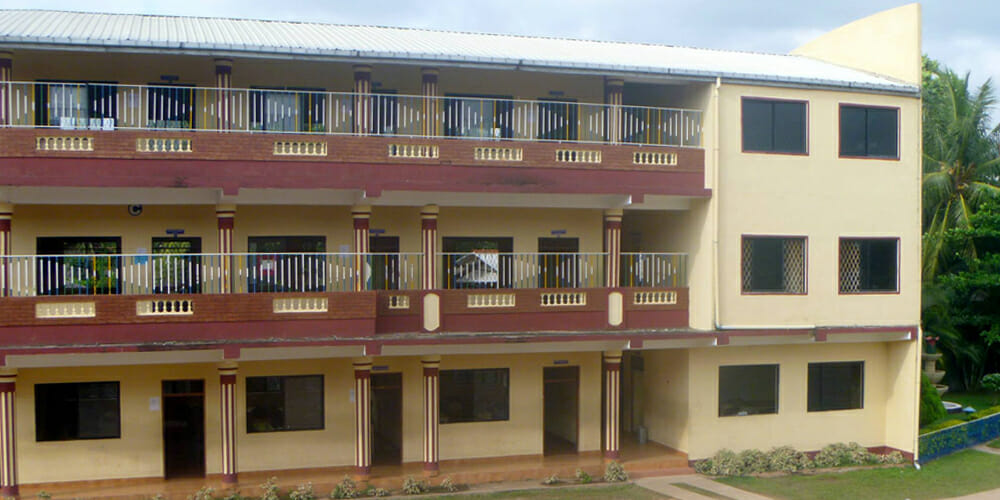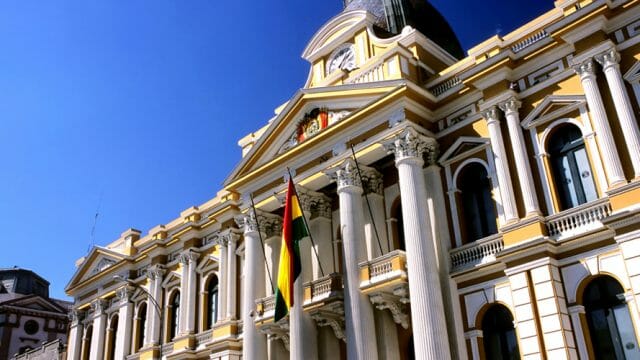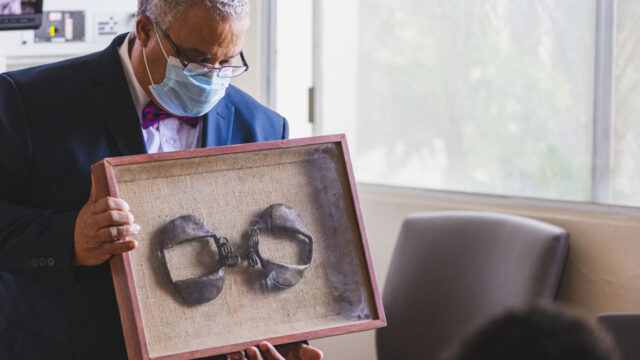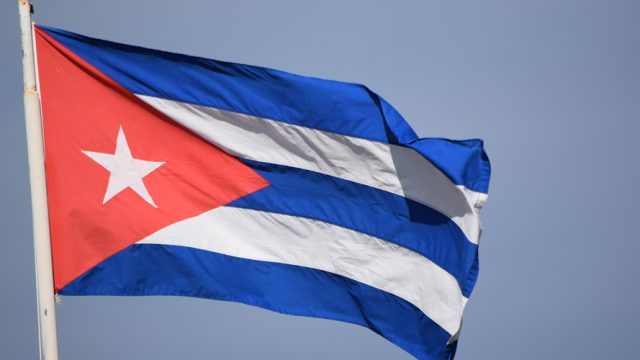Adventists appeal for prayer after deadly bombing.

As Delbert Pearman, the president of the Adventist presence in Sri Lanka, jogged along his usual route early on Sunday, April 21, 2019, he approached the field where he usually played soccer when he is in the capital city of Colombo. He was supposed to be in committee meetings at the Sri Lanka Mission (SLM) office that morning, but the meetings had been unexpectedly postponed. He decided to use the time for exercise.
For reasons he couldn’t explain, Pearman felt tired and decided not to play soccer that morning. Instead, he decided to go home. “I went running at 8:00 a.m. Normally I stop to play soccer with the guys at Galle Face [urban park] but chose not to that day,” he said.
Pearman continued on his route past the St. Anthony’s Shrine, a Roman Catholic church that is a designated national shrine. He arrived home and settled into what he thought would be a quiet Sunday.
Within moments, that quiet was shattered by seven suicide bomb blasts that went off almost simultaneously around the country shortly after 8:45 a.m. More than 320 people died, and more than 500 were injured.
Three churches and four hotels were targeted, along with an additional bomb later detonated during a police raid of the reported suspects’ lodging.
Pearman passed three of the bombed sites along his route that Sunday morning. The Shangri-La Hotel is located in the park where he would have been during the blast had he played football. Pearman passed St. Anthony’s Shrine mere minutes before the blast went off that devastated it.
“It wasn’t until I got home and heard the police and ambulances racing down the road that I learned that three of the blasts took place along the route I had just run,” he said. “If I had stopped and played soccer, I would have gotten caught in the Shangri-La Hotel blast, because we use the shadow of that hotel to keep the blistering sun off us during the game.”
Pearman began his current term in October 2018 but also served in Sri Lanka 22 years ago, during the country’s civil war. “Such bombings were frequent, but not of this magnitude in one day,” he noted.
With the discovery of 87 bomb detonators at Colombo’s main bus station late on Monday, the country remained on high alert. A national state of emergency went into effect Monday evening with a national day of mourning beginning Tuesday at midnight.
While one group has claimed responsibility for the blasts but without evidence to support the claim, at least 40 people have reportedly been arrested in connection with the attacks. Initial government statements indicate the blasts are the work of local extremists who possibly had international extremists’ help. Social media was temporarily suspended by the government to prevent “the spread of misinformation and racial disharmony,” according to official statements.
One of the seven targeted locations was St. Sebastian’s Church, a Roman Catholic church in Negombo, 23 miles (37 kilometers) north of Colombo. The Adventist International School, Negombo (AIS) is 200 meters from St. Sebastian. In a surprise to officials, the school was not damaged.
If the blasts had occurred on a different day or different time of year when school would have been in session, 1,400 students and staff at the predominantly Buddhist school would have been affected. “Classes were to resume Monday after a holiday break this past week, but the government ordered the closure of all schools for Monday and Tuesday, so the investigation and recovery efforts will occur unimpeded,” Pearman said.
According to Pearman, two non-Adventist students from the school and a parent of another non-Adventist student were killed in the Negombo church blast. While there are currently no reports of individual loss of life, casualties, or property damage among Adventist members, one Sri Lanka Mission (SLM) office worker is mourning the blast-related deaths of seven members of his family.
Adventists in Sri Lanka are responding by providing emotional support to the families of those slain from the Negombo school as well as to the current Negombo students and staff and the SLM worker.
Additionally, SLM leaders are committed to assisting in other ways. “Yesterday, we sent a letter to the Prime Minister of Sri Lanka from the Seventh-day Adventist Church, letting him know of our belief that all human life originates from God and is thereby sacred,” Pearman said. “We therefore condemn without reservation the acts of terrorism that occurred this past Sunday and are praying that God will comfort the bereaved, heal the injured, and bring swift justice to the perpetrators so that the country can return” to tranquility. “We also informed him that the Seventh-day Adventist Churches in Sri Lanka are ready to assist in the areas that we can.”
“The Prime Minister is no stranger to Adventists, having attended a religious service before at the Bethel Adventist Chapel in Colombo,” Pearman added.
In the meantime, the SLM Community Services was activated to work in the devastated areas near the school to meet the needs there.
In reflecting on not only the immediate needs but a long-term approach to the needs in Sri Lanka, Pearman said, “Our greatest need is to increase our capacity to do more community service work for the vulnerable elderly population and the working poor. Another need within the church here is to develop local leaders through creating opportunities for higher education.”
Ultimately, Pearman said, he sees an increased need for prayer, both individually and as a church. “We are beyond grateful for those who were spared,” he noted, “but we need prayer for the families of those slain. We need prayer for our Adventist work in the region. We need prayer for the opportunities the Adventist Church has in responding to this situation. We need prayer for the ongoing needs of Sri Lanka.
“Sri Lanka is a challenging area to work, but great challenges present great opportunities. Pray for us as we rise to the challenge for Christ.”








